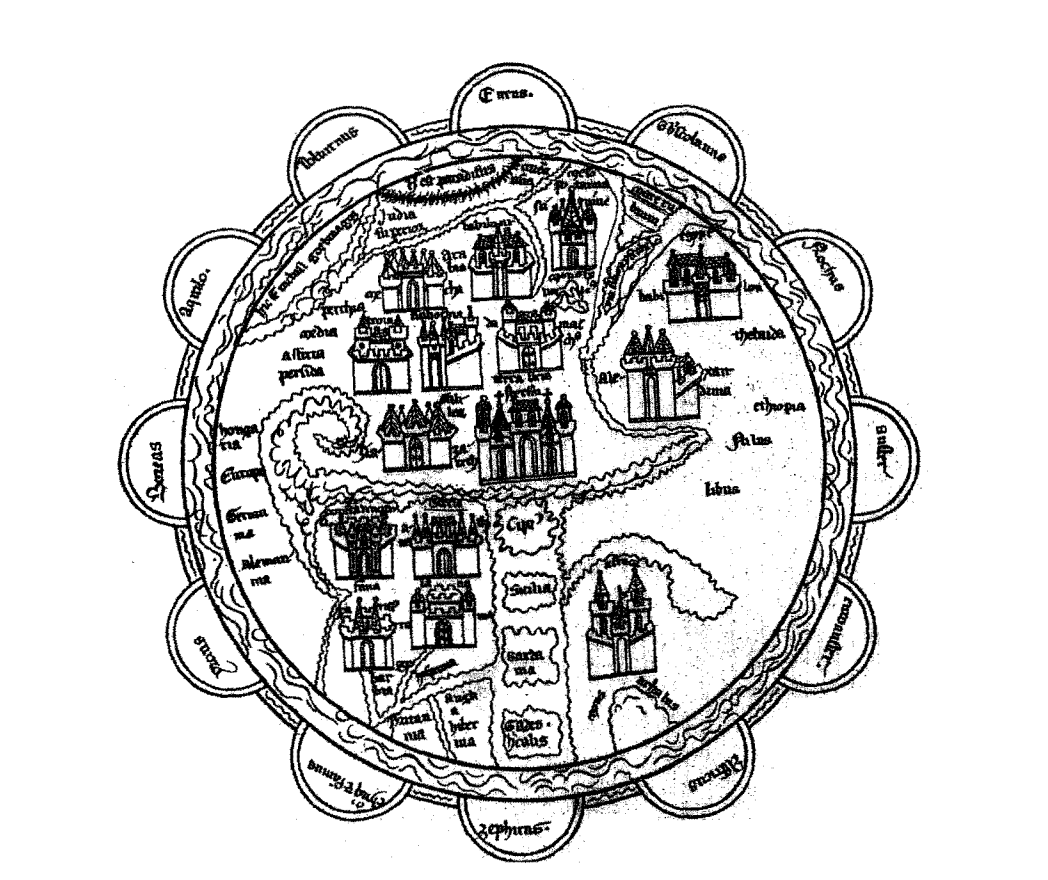
This seminar will critically examine some of the mythological foundations on which the “Age of Reason” and its attendant civilizational project of Western modernity was built. As post- and decolonial scholars like Stuart Hall (1992), Edward Said (1978), and Sylvia Wynter (1992) as well as critical theorist like Theodor Adorno and Max Horkheimer (1947) have influentially argued, cultural narratives on origins, identity, and difference have played a formative role in the West’s ideological and political formation, despite its rationalistic self-understanding. Such narratives—which can also be described as myths—have served to normalize, legitimize, and obscure processes of racialized dispossession, imperial domination, and colonial extraction that continue to structure the world system that the philosopher Olúfẹ́mi O. Táíwò calls “global racial empire” (2022), characterized by global inequality and Western hegemony.
Over the course of seven double-sessions, students will interrogate some of the myths that have built the epistemic and legal architectures of what we know as “the West” (from orientalism to the “New World” and the “racial contract”) by engaging with theoretical works from the fields of critical theory, critical race theory, post- and decolonial theory. They will draw on cultural studies methods to examine articulations and contestations of these myths across time and in different contexts—ranging from literature to philosophy, popular culture, and newspaper editorials—and analyze the ideological and political work they do. In this way, students will sharpen their critical hermeneutics for reading the West and its cultural representations as well as their understanding for how these continue to shape global power dynamics.
If you are planning to take this class, please come to our first session having read Stuart Hall’s 1992 essay “The West and the Rest: Discourse and Power.” If you have difficulties finding this essay, please email me before our first session on October 18 at anthony.obst@uni-potsdam.de.
- Kursleiter*in: Anthony Obst
- Kursleiter*in: Dr. Anke Bartels
- Kursleiter*in: Dr. Anke Bartels
- Kursleiter*in: Dr. Anke Bartels
- Kursleiter*in: Prof. Dr. Lars Eckstein
- Kursleiter*in: Prof. Dr. Lars Eckstein

